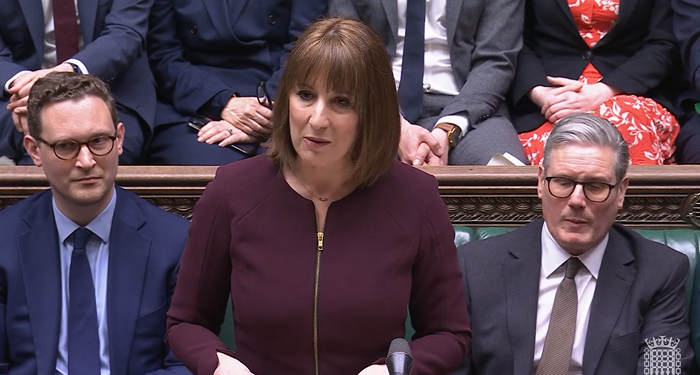As the government sets out to decrease welfare payments, it is to undertake a fundamental review of the Personal Independence Payment (PIP) assessment, involving policy experts, stakeholders and disabled people.
The move could bring significant savings to the Treasury of up to £4.5bn in 2029-30.
But it could also negatively impact a large number of recipients.
According to an impact assessment from the Department for Work and Pensions (DWP), the move could mean that in 2029/30 as many as 800,000 PEP recipients could no longer qualify, and will each lose thousands of pounds.
The DWP said the average loss is £4,500 per year.
Reflects a shift in nature of health
The Spring Statement 2025 document presented by Rachel Reeves, Chancellor of the Exchequer at parliament today said that the move: “Will ensure the PIP assessment reflects the shift in the nature of health conditions and the wider changes in society since it was introduced over a decade ago.
“In the meantime, to ensure PIP is focused on those with higher needs, the government will introduce a new, additional eligibility requirement so that a minimum of four points must be scored on one PIP daily living activity to receive the daily living element of the benefit.”
PIP helps individuals with extra living costs if they have a long-term physical or mental health condition or disability and have difficulty doing certain everyday tasks or getting around because of their condition.
An eligible person can get PIP even if they are working, have savings or are getting most other benefits.
The DWP said there are 370k current claimants with 430k expected for the future.
It added that the move is expected to result in 250k more people in relative poverty.
A thousand people per day
In her speech to parliament Reeves (pictured) hardly mentioned the PIP, except to point to the extent of its usage.
Reeves said: “More than a thousand people every day are qualifying for personal Independence payments.
“One in eight young people are not in employment or training.
“If we do nothing, we are writing off an entire generation. That cannot be right, and we will not stand for it.”
Better outcomes
The Statement also noted: “Alongside these measures, the government is restoring trust and fairness in the benefits system to ensure the appropriate support for claimants and better outcomes for the taxpayer.
“The government will restart Work Capability Assessment reassessments for certain cohorts whose condition may have changed and increase capacity to undertake PIP award reviews to ensure people are receiving the right award. “
It said: “The government will also take further steps to tackle fraud and error in the welfare system by increasing preventative checks in Universal Credit and investing to recruit over 500 fraud and error staff, saving £240 million in 2029-30.”
Savings
The savings to the Treasury by changing the PIP assessment so claimants must score four points in any one activity are expected to equal £210m in 2026/27, £1,755m in 2027/28, £3,4bn in 2028/29 and £4,5bn in 2029/30.
Meanwhile, the action increasing the capacity for processing award reviews is also expected to benefit the Treasury with £10m in 2026/27, £90m in 2027/28, £155m in 2027/28 and £200m in 2029/30.






